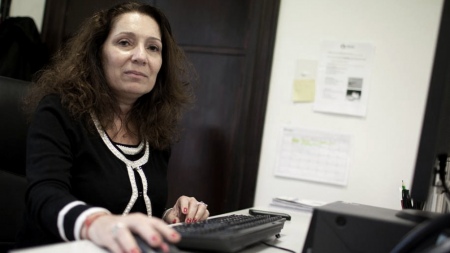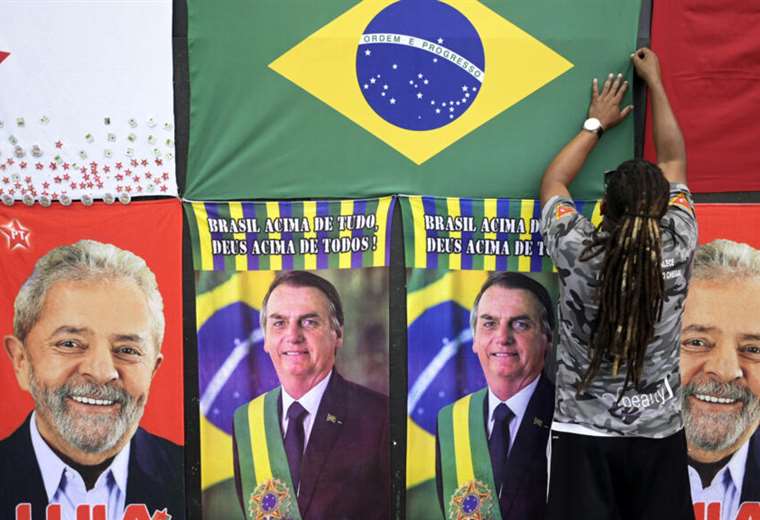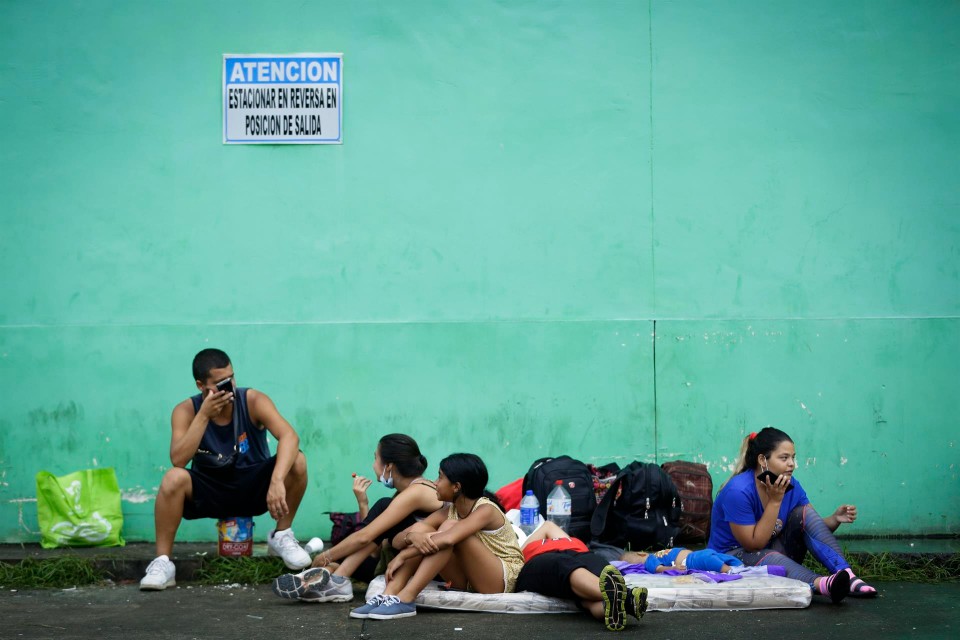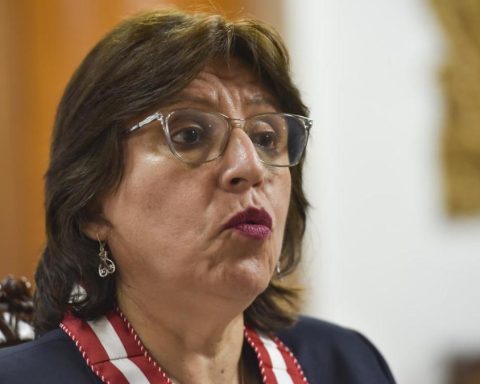The former controller of the Federal Intelligence Agency (AFI), Cristina Caamaño, considered that “from the outset” the Judiciary “did not investigate properly” the assassination attempt on Vice President Cristina Fernández de Kirchner, evaluating that this fact It was “a terrorist act”.
“From the first moment it was tried to minimize that assassination attempt and it was not investigated as it should have been. This generates doubts in people. There was no active Judiciary in the search for evidence, witnesses and who went out to ask if someone saw somethingThey quickly settled for Fernando Sabag Montiel and then closed ranks with the other three detainees,” Caamaño said in statements to AM 530 radio.
For the former intervener, the case that investigates the assassination attempt and the one that deals with the Federal Revolution group “should go together.”
“Having wanted to assassinate the Vice President of the nation is a terrorist act. We are talking about a gang that has ramifications”
“We all know who is in the chamber who decided to go separately. It is one more measure to avoid doing a great investigation,” he remarked.
And added that the case that investigates the Federal Revolution “progresses quickly and well” unlike the one in charge of Judge María Eugenia Capuchetti that “he did everything possible to lose the phone” of the defendant.
“For me, having wanted to assassinate the Vice President of the nation is a terrorist act. We are talking about a gang that has ramifications and all of them should be investigated together,” said the former federal prosecutor.
In that framework, described as “a story” the version that Caputo’s sister was “walking looking at furniture stores” when they decided to hire Jonathan Morel’s carpentrya member of the Federal Revolution group, which is being investigated for threats against the Vice President and for alleged involvement in the attack on the former president.
Caamaño recalled that the AFI “is no longer an auxiliary of Justice,” but that it can contribute information to this type of investigation.
Caamaño recalled that the AFI “is no longer an auxiliary of justice”, but that it can contribute information to this type of investigation, since it is an organization that is in a position to detect “terrorist” threats and “hate speech”.
“I can’t explain what the agency does because it’s prohibited, but there are certain lines of action where a person is not being investigated, but the agency can see what is happening and when it finds something that it does not like, it can report it,” he explained.
And he detailed that in 2021 there were “72 terrorist alerts, six per month” that were followed up by the agency.
“Some were nothing and others we denounced. There were raids and arrests. At no time did that come to light because the agency works better when it is not seen,” he added.


















